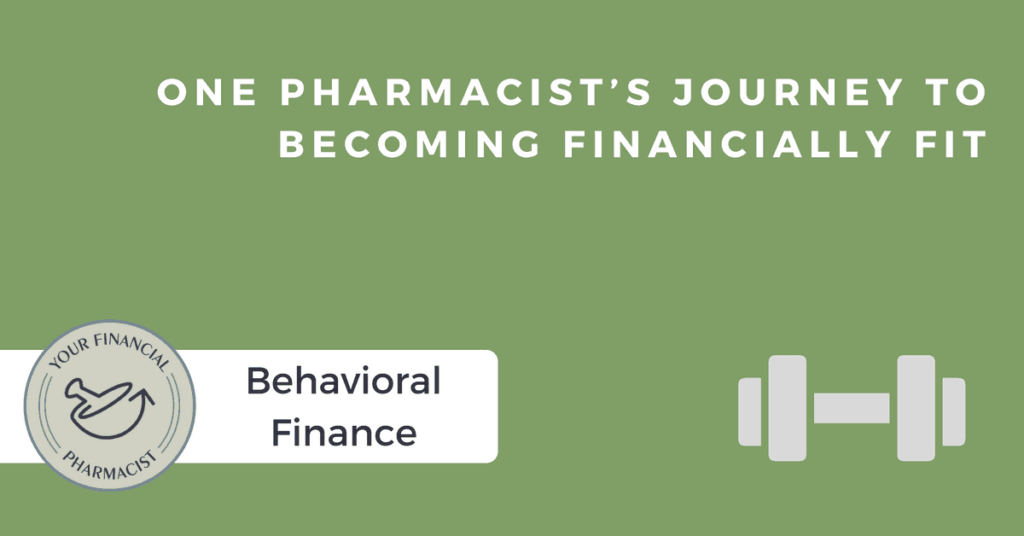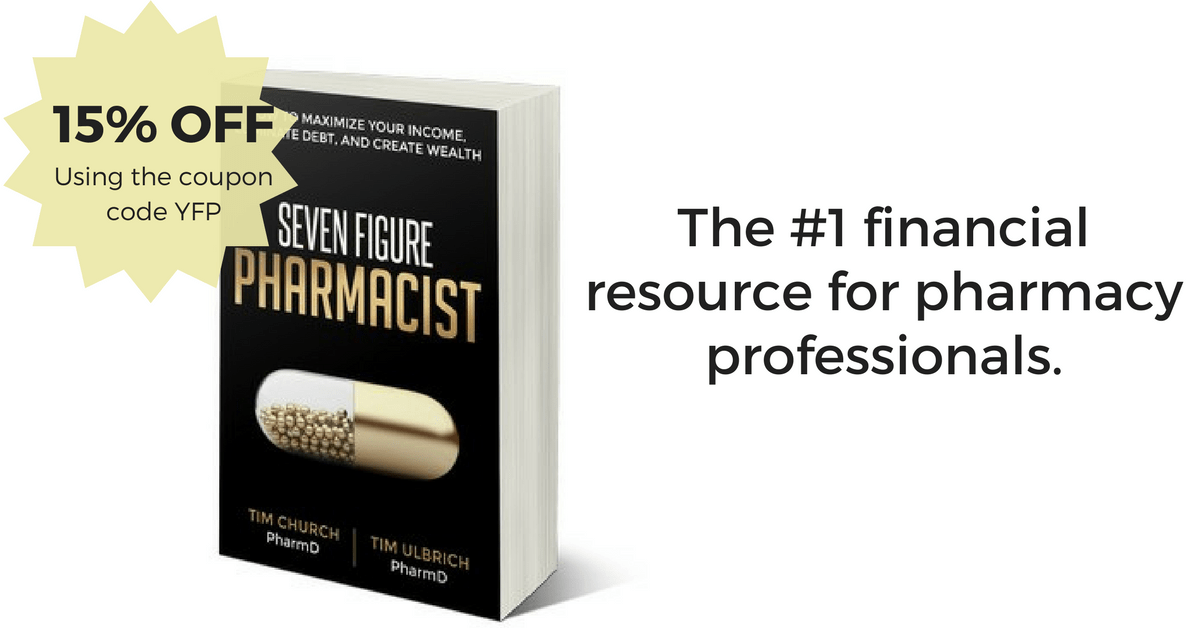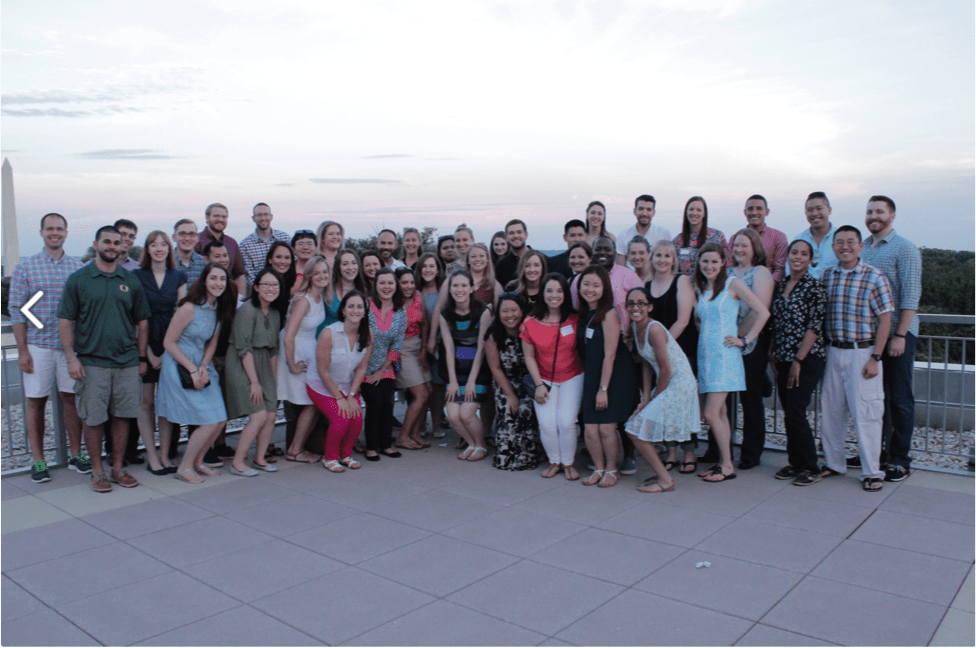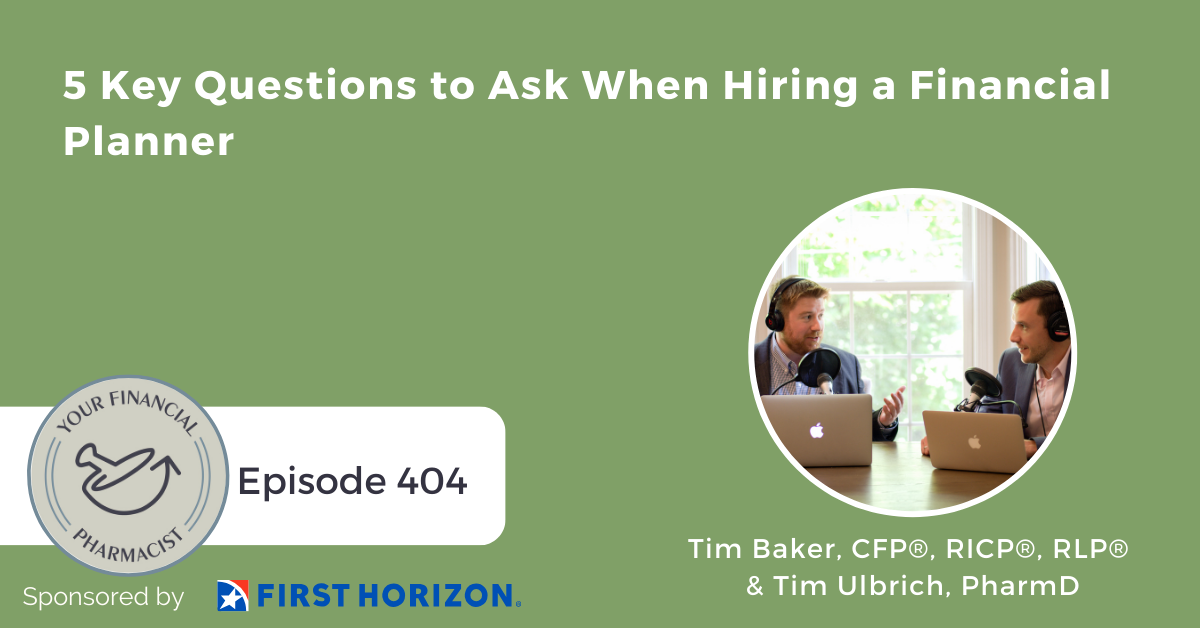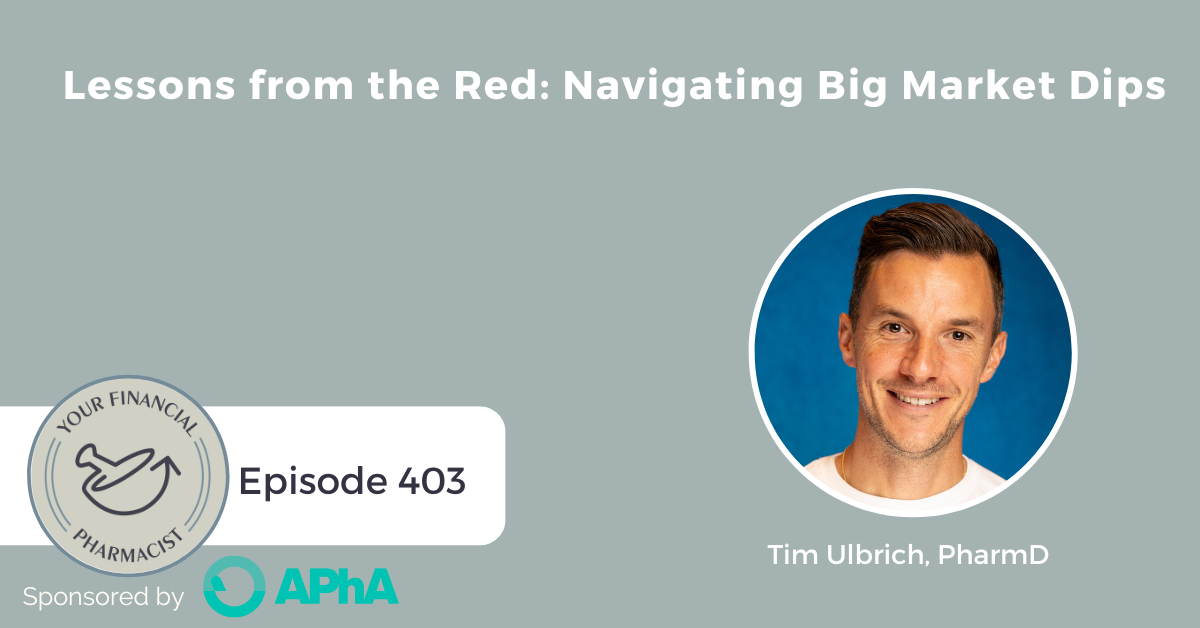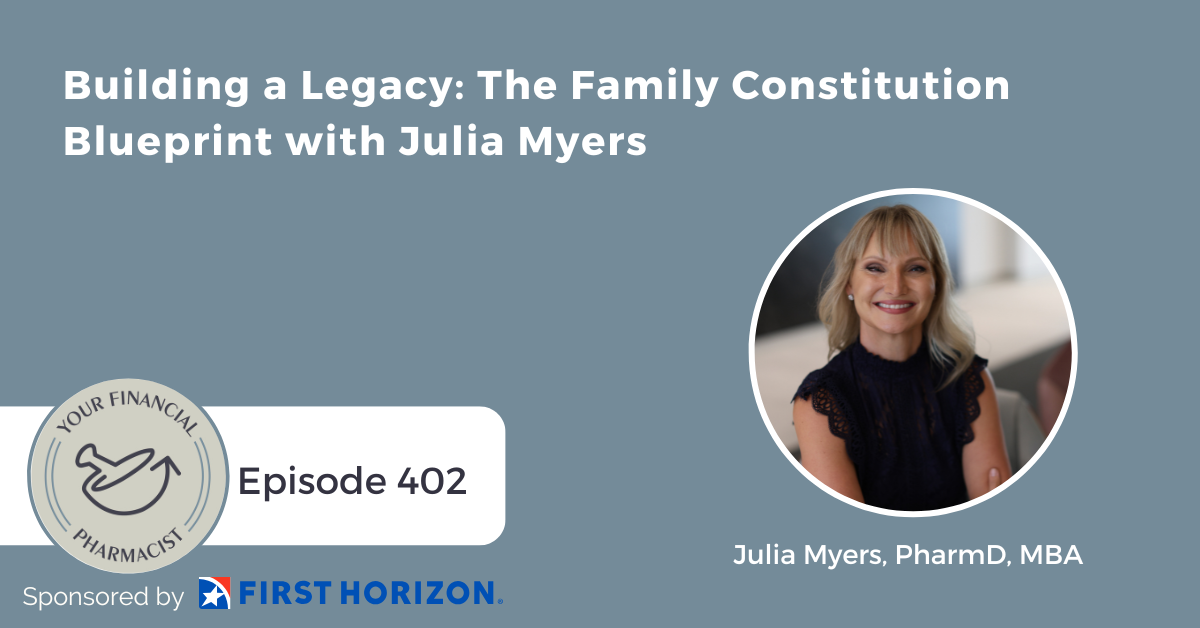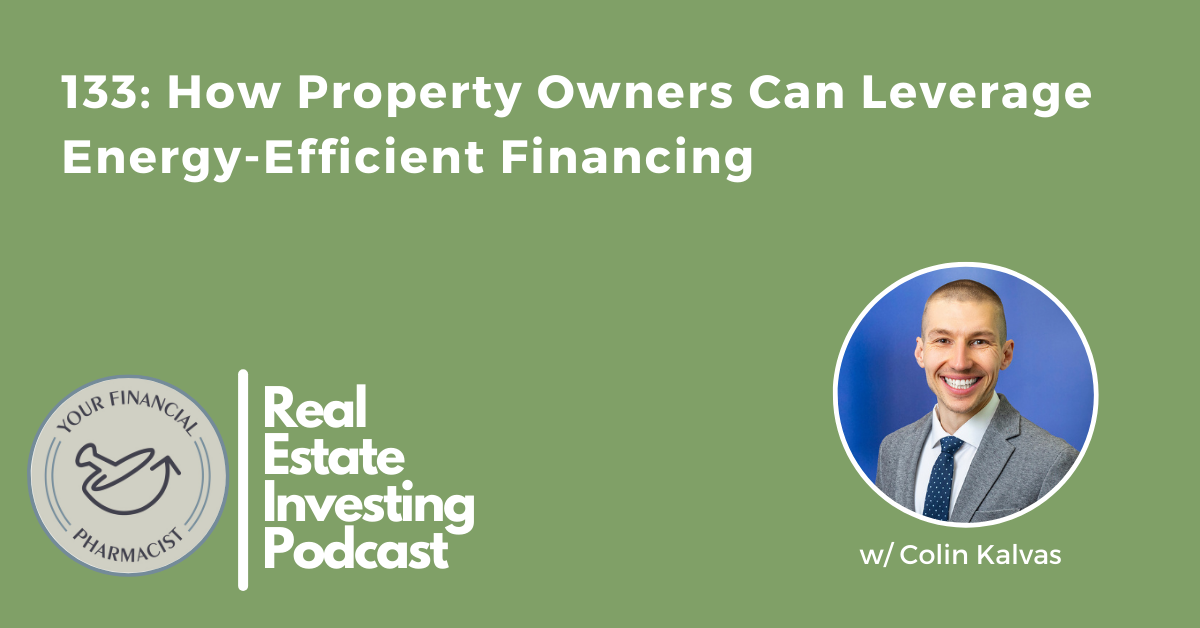The following post is sponsored by the American Pharmacists Association (APhA). APhA has been committed to improving medication use and advancing patient care since 1852. APhA is the largest association of pharmacists in the United States, with more than 62,000 members. Your Financial Pharmacist is excited to be partnering with APhA to deliver exclusive personal finance education to its’ members. You can learn more about what APhA has to offer to help you expand your knowledge, strengthen your voice, advance your practice and build your community at http://www.pharmacist.com/join-now.
By: Deeb Eid, PharmD
Walking through the gliding grocery store doors, white coat in hand, scrubs, and a granola bar, I arrived for my first day. With the expectation of jumping right into workflow, my preceptor greeted me at the entrance to the pharmacy and he said something very unexpected. “Welcome to your first day of rotations. Today’s assignments include researching the 30 companies in the Dow Jones, explaining what they each do, and heading to the brokerage firm down the street to open up your first investment account.”
Talk about an interesting first day to my final year APPE rotations!
Bulls make money, bears make money, pigs get slaughtered
Throughout my time in pharmacy school, I never really gave much thought to “personal finance” beyond getting my first credit card to “build good credit”, opting in to my employer 401(k) plan because my manager helped me set it up, and handing my W-2 tax papers to my father in hope for a return to buy something new and shiny that Summer. It was not until my first day of APPE rotations and this interaction with my preceptor that I really started to get into the “financially fit” mindset.
During that APPE rotation, I learned a lot about management in community pharmacy, but the lessons he taught me about financing, budgeting, and investing have been the most impactful on my career and personal life. We talked about stock market indexes such as the Dow Jones, S & P 500, and others, but what really got me interested was learning about the companies themselves, how they operated, and how they impacted regional, national, and global economies.
I started investigating “bull markets” versus “bear markets”, EFTs (Exchange Traded Funds), and REITs (Real Estate Investment Trust). My preceptor would always use the phrase “bulls make money, bears make money, pigs get slaughtered” to stress the importance of doing my “homework” before investing and to avoid becoming a “pig” (warning about excessive greed). Slowly, but surely, I was starting to speak and understand “financial” language. In addition, I gained the courage to open up my first investment brokerage account and even made my first investment (which by the way did not go so well). As I continued through my P4 year, the knowledge continued to grow, so did the conversations, curiosities, and investments made to my account.
After some reflection, one major takeaway from this experience is that simple encouragement and challenge by someone I looked up to, allowed me to start taking ownership and hold myself accountable to becoming “financially fit”. I also learned that similar to developing pharmacy knowledge, it takes time and patience to build financial education and there is a wealth of information available to choose from. A third lesson is that you can not be afraid to take risks and it takes courage to do so, but once you learn the critical importance of building your “financial muscles” on a consistent basis, it starts to become second nature (just like knowing brand and generic names).
I started to look at my future career options, the practice of pharmacy, and decision making from a different lens. Understanding personal budgeting and applying this concept to pharmacy budgeting, I started to compare and contrast the effects this could have on practice. In addition, starting to understand how to allocate money in my personal life allowed for investigation of how pharmacies might allocate and maximize their investments of resources for better patient care and health outcomes.
A breeze to the East
Shortly after completing my APPE rotations, I found myself moving from rural Southeast Michigan to the nation’s capital, Washington, D.C. to begin my one year Executive Residency. I was excited to begin the new journey, and to continue growing my “financial muscles” throughout the process. This would not be my first time living outside of my parents house, but it was the first instance I would primarily be handling some of the financials of the apartment with my new roommate. Learning to pay the rent and utilities through an online portal, navigating a lease agreement, and budgeting for the move itself were all brand new challenges. In addition, moving to a new city came with additional costs one may not think about ahead of time such as transportation (metro, Uber, taxi, bus), grocery delivery (not having a car), or travel (plane tickets back home).
From a personal budgeting perspective, there was a shift in how to allocate funds and a lot of small lessons that I learned to manage throughout the process. One difference was that I now had a constant stream of income on a bi-weekly basis and I also had a variety of bills to pay each month alongside of goals for investing, spending, and saving. Some expenses such as getting a plane ticket back home were easy to plan for ahead of time, but others such as getting an Uber on a rainy day (versus taking the metro/bus) were not.
Through the process I learned that automating with tools or apps such as Mint, Mvelopes or even an Excel sheet to keep track of spending, investing, and allocations really made this process much easier. Utilizing auto pay for bills also helped to decrease some stress. Another lesson learned was to find what already had been working in my life and apply the same concepts to finance. I realized that I loved using my Google calendar to keep track of a lot of my work and personal related activities so I started using the same calendar to mark when bills were due, set reminders, and give myself a “monthly” view of financial related activities. Keeping information in a singular and easy to use access point can be critical to making this as least of an annoyance or hassle as possible.
As I mentioned before, it takes patience and time to figure out what works best for your situation and preferences. I certainly had a lot of failures along the way, but eventually became much more comfortable because I had the courage to keep trying different methods and tools until I found what worked for me.
One at bat
Thinking back to some milestone moments (similar to my first day of APPEs) that influenced my journey, one that sticks out in particular was attending APhA’s Day of NP Life event which usually takes place on a weekend in mid July. As I started my career in D.C., this was one of the first meetings I attended and heard YFP’s own Tim Ulbrich passionately share great information about finance topics. A key part of this meeting was that there were other APhA New Practitioners in the room who had similar questions and relatable experiences. We were able to learn from each other’s experiences, talk at the meeting, and continue to stay in touch after the meeting. It also reinforced that I was not alone in the journey to become more “financially fit” and had others to lean on for help along the way.
Photo Caption: On the terrace rooftop of APhA’s HeadQuarters in Washington D.C., a group of New Practitioners at Day of NP Life.
Overall, each of us have unique pathways and experiences that influence our financial decision making. We also interact with others along the way that help to shape our perspectives of how we view personal finance and economics in general. The biggest takeaway I have learned thus far on my financial journey is that we each only live one life in which time can not be slowed down. While I personally do not believe money should be the biggest priority in life, I also realize the opportunities that can open up, and the impact it can have on everyday living. We all have a choice to learn about finance, educate ourselves and those around us, and help to leverage this knowledge to make a positive impact in the world as a result.
As entrepreneur Gary Vaynerchuk said: “Time is the one asset none of us are ever going to get more of.” Knowing this, my outlook is that if we only have “one at bat”, why not hit a grand slam?
About the Author:
The following post was written by Deeb Eid, PharmD. Deeb is a 2016 graduate of The University of Toledo College of Pharmacy and Pharmaceutical Sciences. He currently serves as an Assistant Professor/Experiential Coordinator at Ferris State College of Pharmacy in Grand Rapids/Big Rapids, MI. He also served as the first Executive Resident at the Pharmacy Technician Certification Board (PTCB) in Washington, D.C this past year. Deeb’s vision of social and interactive education for all audiences about the profession of pharmacy has led to inception of Facebook and Twitter pages branded as Pharmacy Universe. For any questions, please contact him at [email protected].
Join the YFP Community!
Recent Posts
[pt_view id=”f651872qnv”]

